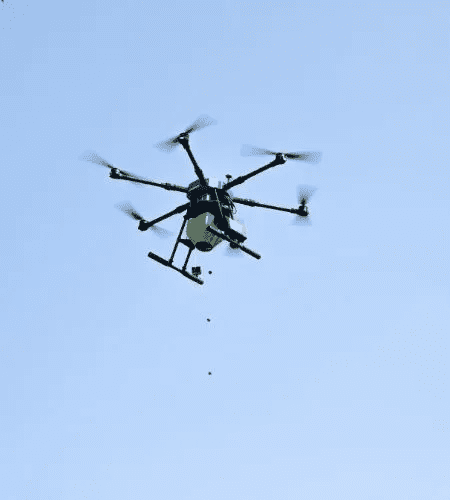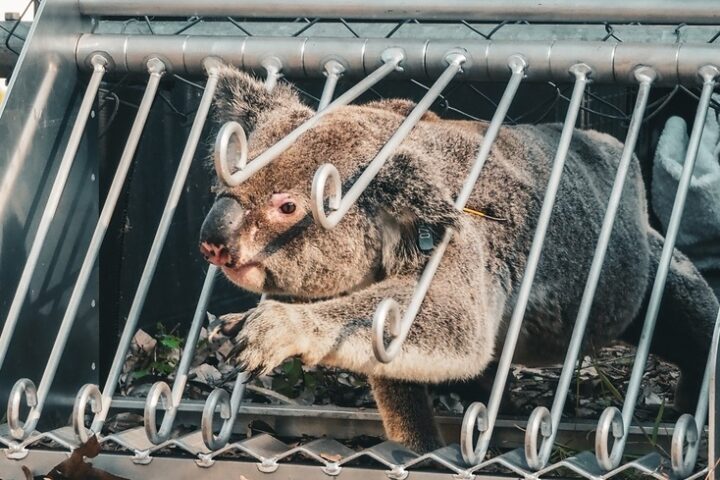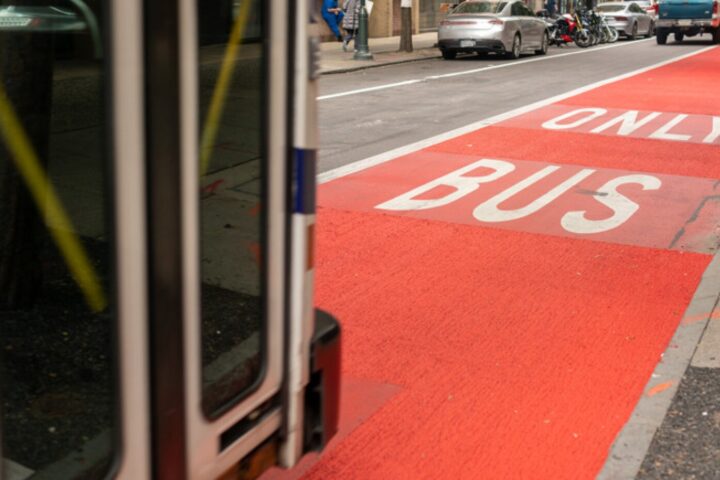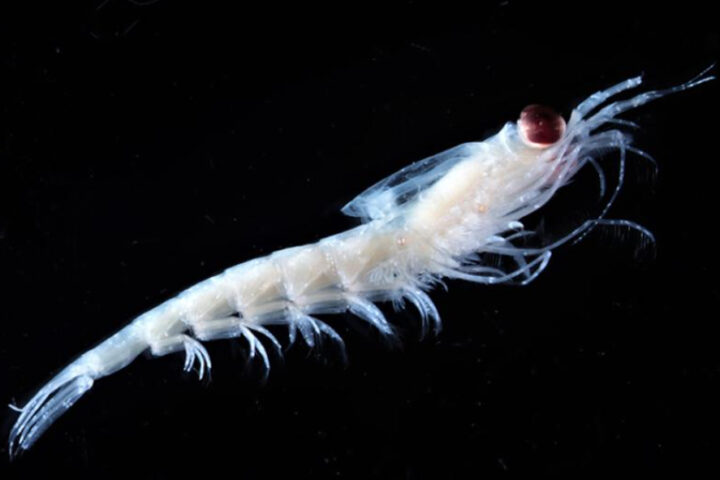Seedcopter, at the forefront of drone-enabled reforestation, champions a transformative approach to environmental restoration by synergizing robotics, AI, and ecological expertise. Their strategy is a game-changer: using drones not just for planting seeds, but for comprehensive land analysis and post-planting care. This isn’t just about planting trees; it’s about fostering entire ecosystems.
Their tech-first approach starts with a detailed aerial survey. Drones, equipped with AI and hyperspectral imaging, give a complete picture of the land’s health, identifying the perfect spots for new trees. But it’s not a one-size-fits-all solution; they dive deep into data, considering everything from soil quality to historical growth patterns, to choose the right seeds for the job.
Seed balls, tailored to local soil and crafted by the communities who rely on these forests, are then loaded up and deployed via drones. These aren’t your average drones; they’re designed to handle the roughest terrains, ensuring seeds reach even the most inaccessible areas.
But Seedcopter’s job isn’t done after planting. They use geotagging to keep a close eye on each area, monitoring growth and making sure these new forests thrive. It’s a full-circle approach to reforestation: from selecting the right seeds to ensuring they grow into healthy forests.
Similar Posts
Their work in places like Veeranapalli forest and the hills of Udaipur is more than a series of projects; it’s proof of concept. They’ve shown that drones can do more than deliver packages — they can deliver life. In Veeranapalli, for instance, they dispersed 15,000 seeds across 320 hectares in one go, a feat nearly impossible by traditional methods.
And the impact goes beyond numbers. In Mahabubnagar, they helped local women’s groups spread over 114 million seed balls, not just breaking a world record but empowering communities and creating a sense of ownership and pride in their local environments.
Seedcopter’s ambitions are sky-high, aiming for a billion new trees by 2030. Dreaming of a greener planet? They’re making it a reality, one seed at a time. And they’re not alone in this journey. They’ve caught the eye of major players, earning support from groups like the Pernod Ricard India Foundation and recognition on platforms like Forbes’ 30 Under 30 Asia list.
Their approach could be a major key in combating climate change, especially considering that less than 20% of Earth’s original forests remain untouched. Studies, like those published in Nature, highlight the potential of similar initiatives, showing significant climate action benefits from renewable resources and reforestation, though they also emphasize the need for sustainable practices to prevent adverse side-effects.
Seedcopter distinguishes itself with its holistic strategy. Recognizing that reforestation transcends planting trees, they focus on fostering resilient ecosystems and communities. Their efforts are sowing more than forests; they’re cultivating a verdant future.


















